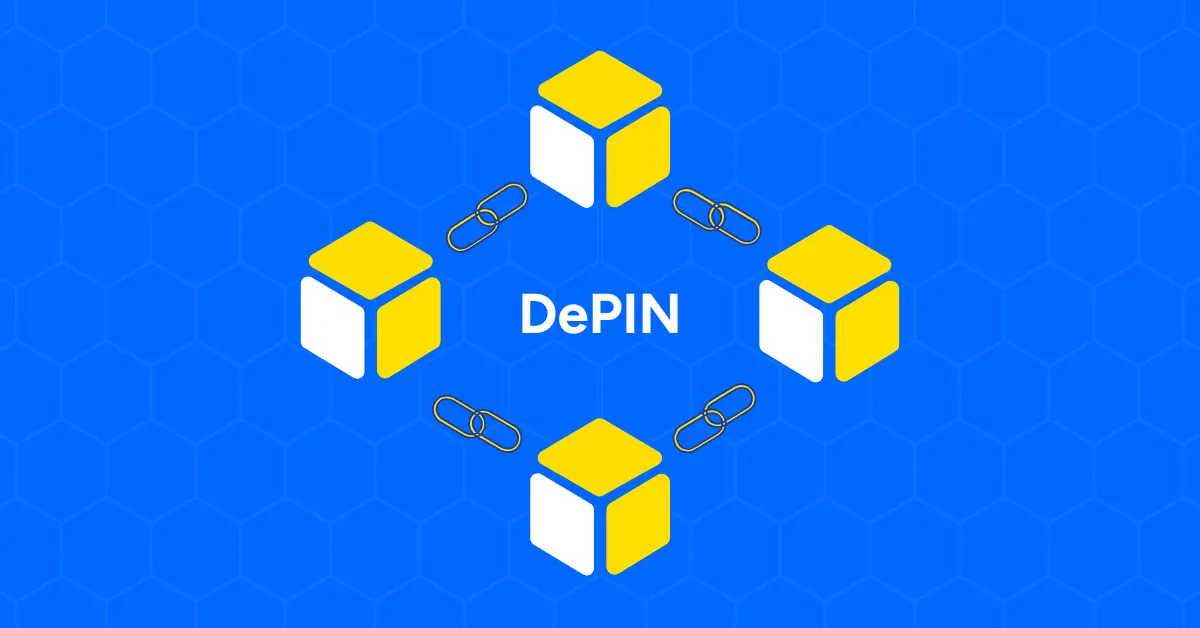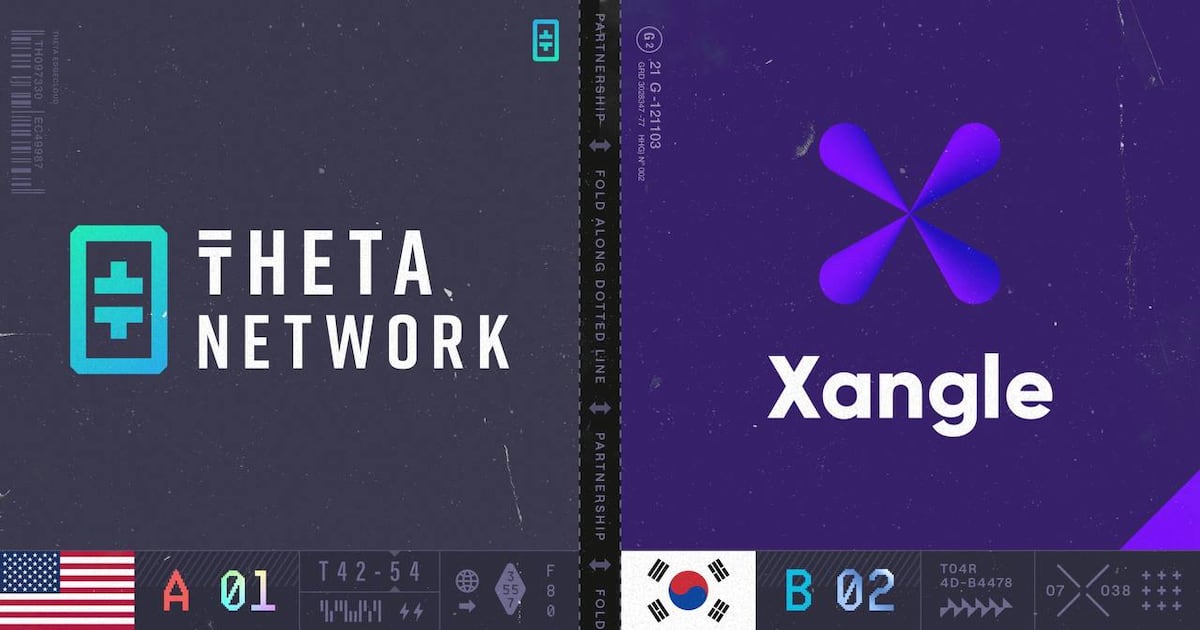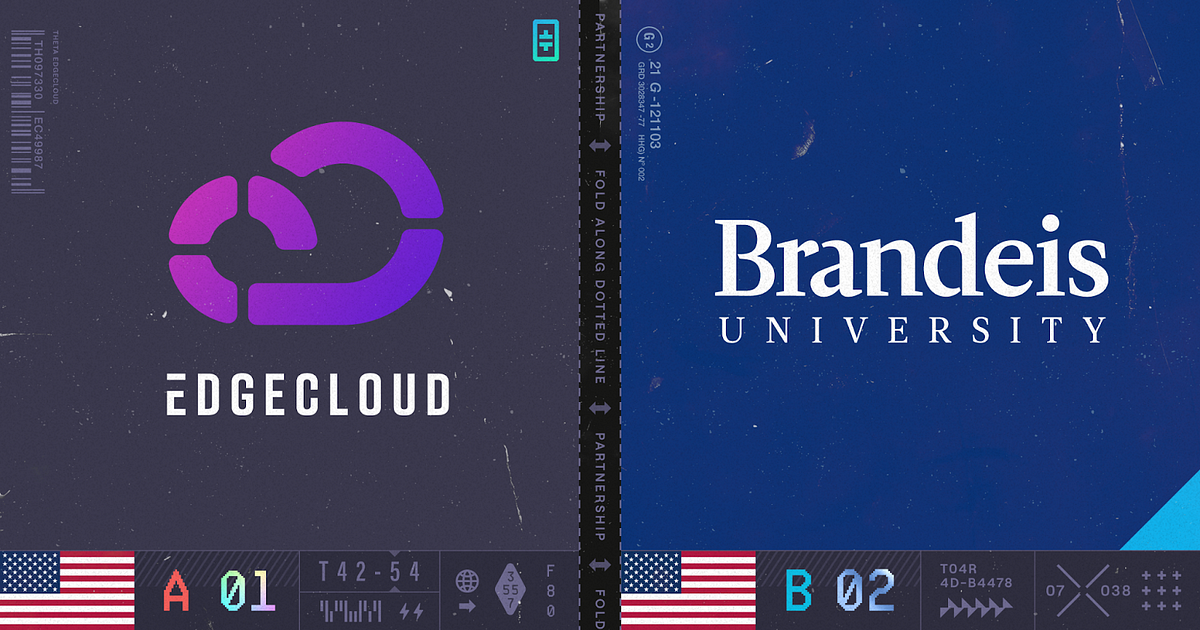The Evolution of Layer 2 Solutions and Decentralized Cloud Services on Filecoin

The landscape of Layer 2 solutions on Filecoin is evolving rapidly, with innovations such as Basin, Akave, and Storacha Network leading the charge. These advancements are crucial for enhancing decentralized storage and data management capabilities. By leveraging Layer 2 technologies, Filecoin aims to improve transaction speeds and reduce costs, making it more accessible for developers and users alike. This evolution not only addresses current limitations but also sets the stage for a more robust ecosystem that can support a wider range of applications in the future.
In addition to Layer 2 solutions, the introduction of Filecoin Web Services (FWS) marks a significant step towards redefining decentralized cloud services. Nicola Greco from FilOz emphasizes the importance of creating a composable ecosystem that extends beyond mere storage solutions. This initiative aims to integrate various services, enabling developers to build more complex and interconnected applications. By fostering collaboration within the ecosystem, FWS is poised to enhance the overall utility of Filecoin, attracting a broader audience and encouraging innovation.
As Filecoin continues to chart its course in the decentralized storage space, it is essential to monitor the progress of these initiatives. The Filecoin community recently celebrated the first anniversary of the Filecoin Virtual Machine (FVM), which has introduced programmability to its verifiable storage. This milestone has not only enriched the DeFi landscape on Filecoin but has also highlighted the platform’s potential for growth. With over $500 million in Total Value Locked (TVL) in Liquid Staking alone, the future looks promising for Filecoin as it navigates the complexities of decentralized technology and market demands.
Related News





